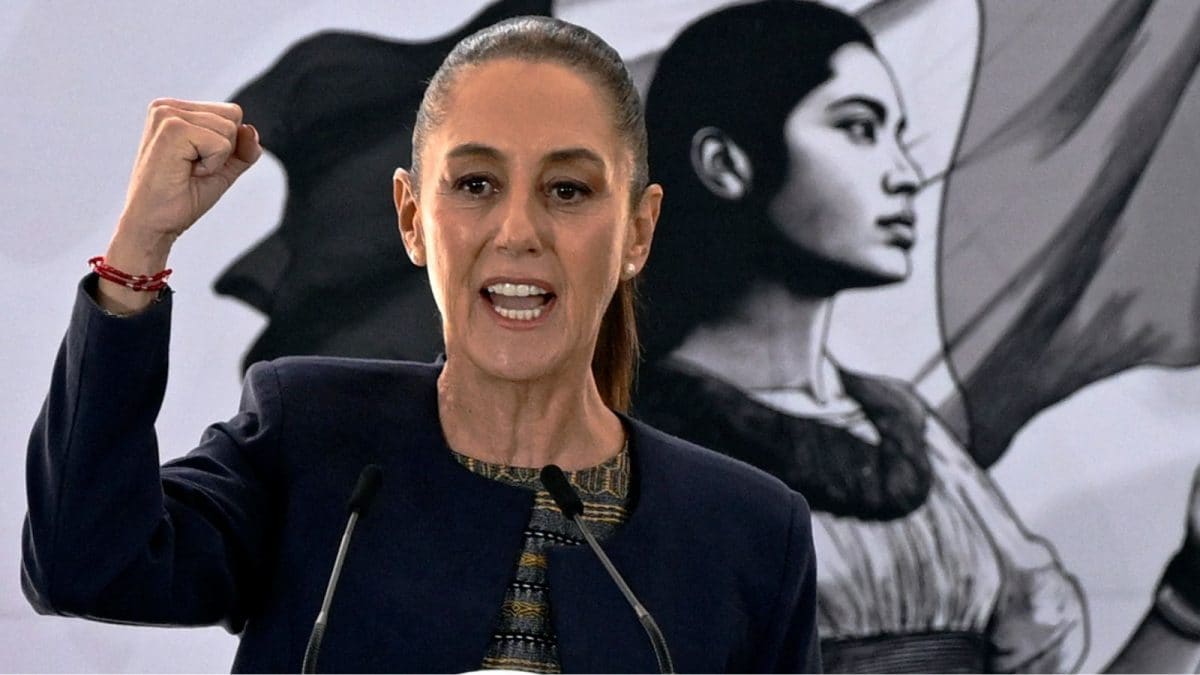ARTICLE AD BOX
At Delhi’s Rouse Avenue Court on Friday, Senior Advocate Abhishek Manu Singhvi defended Congress leaders Sonia Gandhi and Rahul Gandhi in the Enforcement Directorate's money laundering case linked to the National Herald.
Calling it a “strange” and “unprecedented” case, Singhvi questioned the very foundation of the ED’s prosecution. “This is a case of alleged money laundering without any money being moved, without any property changing hands, and without any personal gain,” he said, arguing that a non-profit entity like Young Indian could not be used for such a crime.
“AJL’s properties have remained where they were for decades. Not an inch has changed ownership,” Singhvi told the court. He defended the Congress party’s decision to write off its loan to Associated Journals Limited (AJL), calling it a standard corporate step to make the company debt-free.
Linking the case to historical continuity, Singhvi said, “Having National Herald without the Congress is unwarranted. It is a legacy.”
He also raised questions about the timing of the ED’s action. “From 2010 to 2021, the ED did nothing. Suddenly, they wake up, pick up a private complaint, and file a chargesheet. No FIR, no proper complainant, and no jurisdiction. The case is not even maintainable,” Singhvi argued.
According to Singhvi, the ED’s case is not maintainable under the Prevention of Money Laundering Act (PMLA) since there is no FIR or complaint by any authorised person as required under the proviso of Section 5 of the Act.
“In political cases, emotional tones often overtake the law,” Singhvi remarked.
Calling the ED’s actions selective and politically motivated, Singhvi said, “Thousands of complaints are filed daily. One morning, the ED picks one, filed by a person with no authority, and decides to prosecute. This has never happened before.”
The court, meanwhile, posed sharp questions to both sides. It sought clarity on whether Congress had the legal right to write off the loan extended to AJL, noting, “If it’s their money, can they not decide what to do with it?”
Drawing a comparison, the court referred to another case filed by the same complainant and asked whether a company selling a large asset to recover a smaller amount automatically amounts to foul play.
Questioning the logic behind the prosecution, Singhvi asked, “Why would anyone on earth launder money through a non-profit? Is anyone that stupid?”
He urged the court to uphold legal safeguards, arguing that courts have consistently said that interpretation of draconian laws must favour the accused even when there is the slightest doubt.
Singhvi also maintained that the registration of an FIR is a condition precedent for the ED to intervene. He pointed out that the ED itself has taken a consistent stand in diverse cases that it cannot investigate without an FIR.
- Ends
Published By:
Akshat Trivedi
Published On:
Jul 5, 2025



.png)
.png)
.png)
















 2 hours ago
5
2 hours ago
5









 English (US) ·
English (US) ·